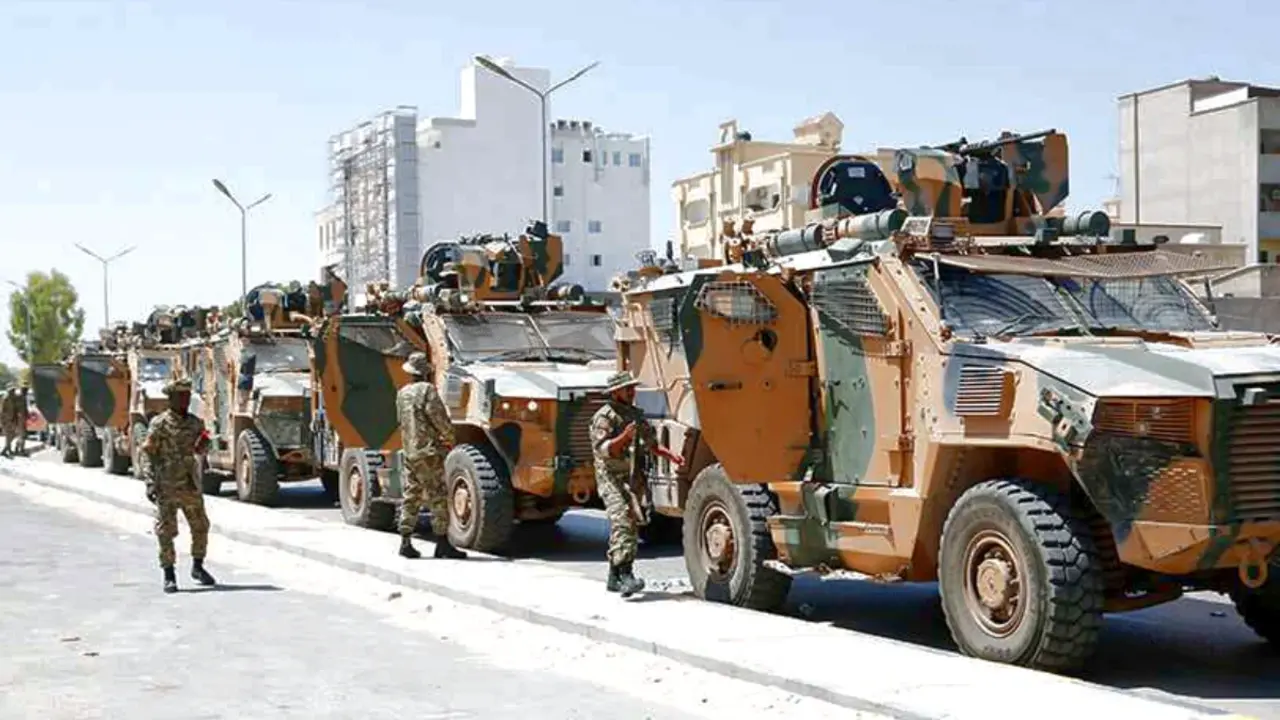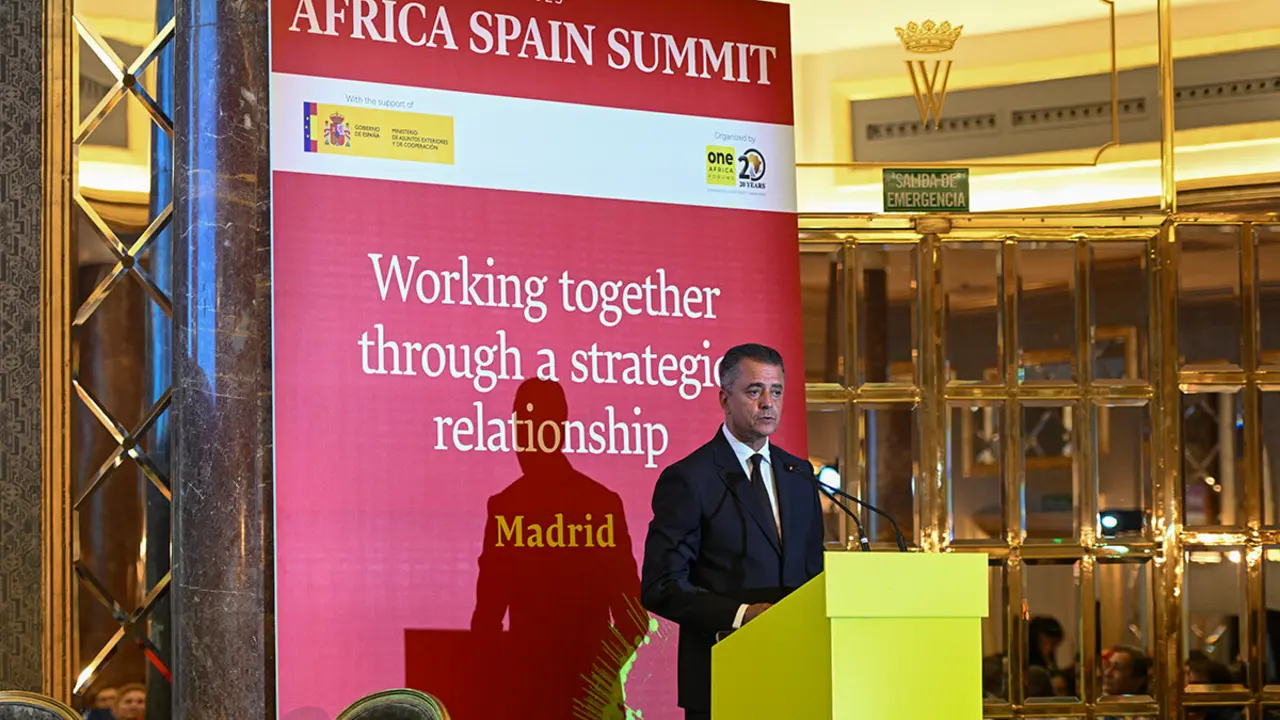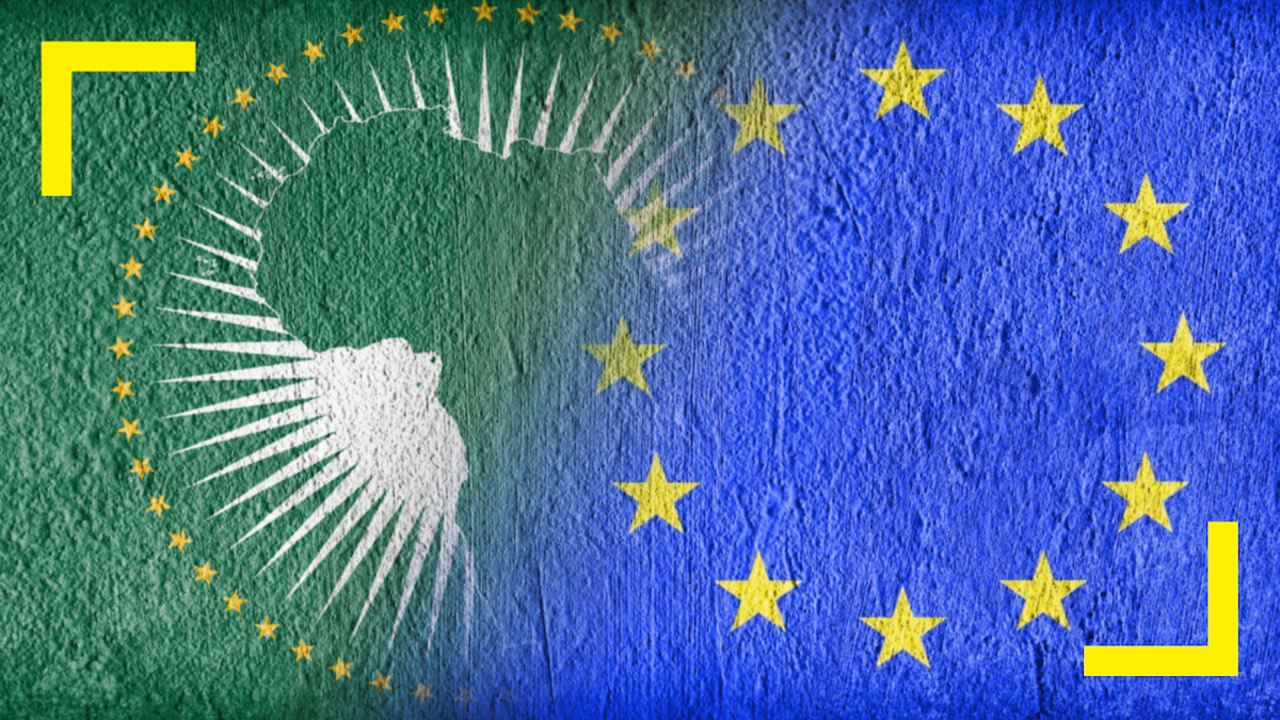Libya without Russian military presence key for NATO
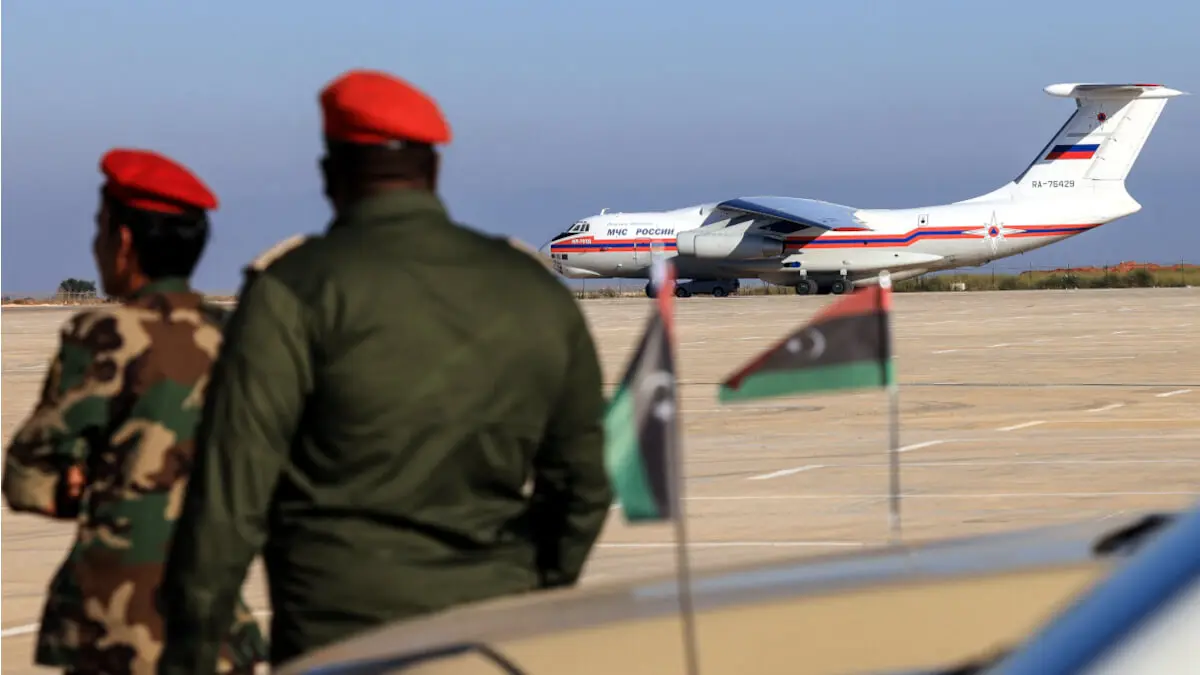
Russia's intervention in Africa has been systematic and cynical, aimed at establishing partnerships with military and political leaders in the region.
Russia has provided arms, training and financial support to pro-coup military leaders in exchange for natural resource extraction rights and military bases. How can NATO counter Moscow's influence on the continent and promote stability and security in Africa?
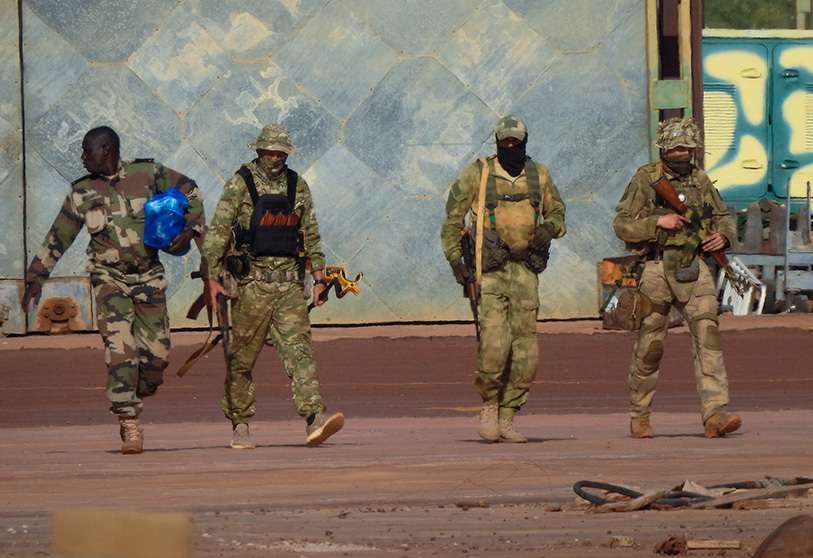
The presence of the former Wagner Group, now 'Africa Corps', who were brought in to fight in Sudan, is a target for NATO, which wants to avoid a repeat of Libya. Political instability in Libya has been the focus of Russia's heavy presence in the region.
Russia's presence in Africa has doubled since Russian Deputy Defence Minister Yunusbek Yevkurov last visited in August 2023.
Meanwhile, Sudanese army chief Lieutenant General Abdel Fattah Al-Burhan is expected to ratify an agreement with Russian President Vladimir Putin that will provide Russia with a naval logistics base in the Red Sea in exchange for accepting Moscow's supply of more weapons to the Sudanese army. helping in the fight against the Rapid Reaction Forces.
⚔️ EL ALCANCE DEL GRUPO WAGNER
— Néstor Siurana (@nestorsiurana) July 5, 2023
🇷🇺 El grupo mercenario se ha dejado ver en guerras como la de Libia y también en países sahelianos como Mali, Burkina Faso o República Centroafricana.
🇸🇾 También apoyaron el régimen de Bashar al Assad en Siria en su lucha contra los rebeldes. pic.twitter.com/GkfC9Lxtbk
The trouble began in Libya when Russia agreed to print and transfer more than 10 billion Libyan dinars to Libyan military commander Khalifa Haftar after the United Nations brokered the establishment of a temporary government to unify the country politically.
NATO has published a report that identifies the weakness of the African continent as an opportunity for Russia to promote an 'undemocratic' and 'irresponsible' alternative model. The report recommends that NATO find ways to cooperate with 'southern partners' that do not require them to conform to the bloc's values, adopt a decisive and focused strategy to unify Libya and enable the North African country to defend itself against foreign military forces.
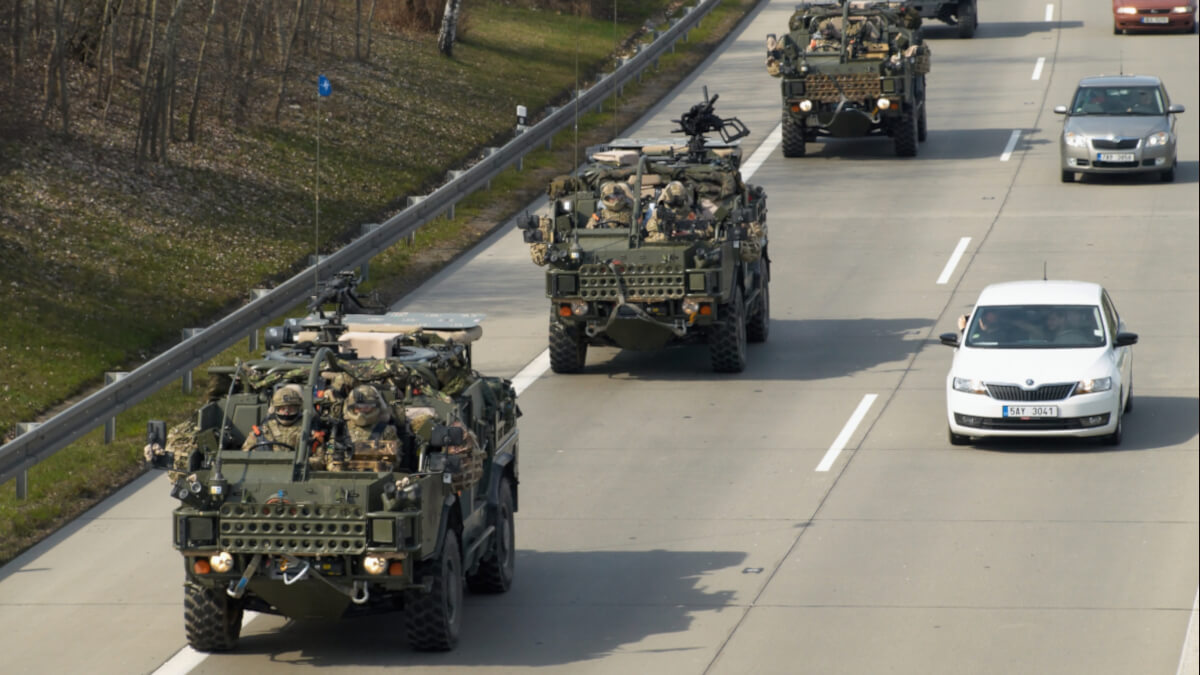
To this end, NATO should limit its military presence in the region and not support coup leaders, provide more reliable bilateral support to trusted regional governments, invite more people from Africa to attend NATO summits and high-level events, improve media literacy and launch initiatives such as Truth for Peace that provide education and training for journalists and political activists in the region, and establish a stronger military presence to counter Russia's influence.
Jonathan M. Weiner, US special envoy and special coordinator for Libya in 2014-2016, argued in a report published by the Middle East Institute that Russia's military presence in Africa has further accelerated in the 2020-2023 period following military coups in Mali in 2020 and 2021, as well as the coup in Burkina Faso in 2022 and most recently in Niger in 2023.
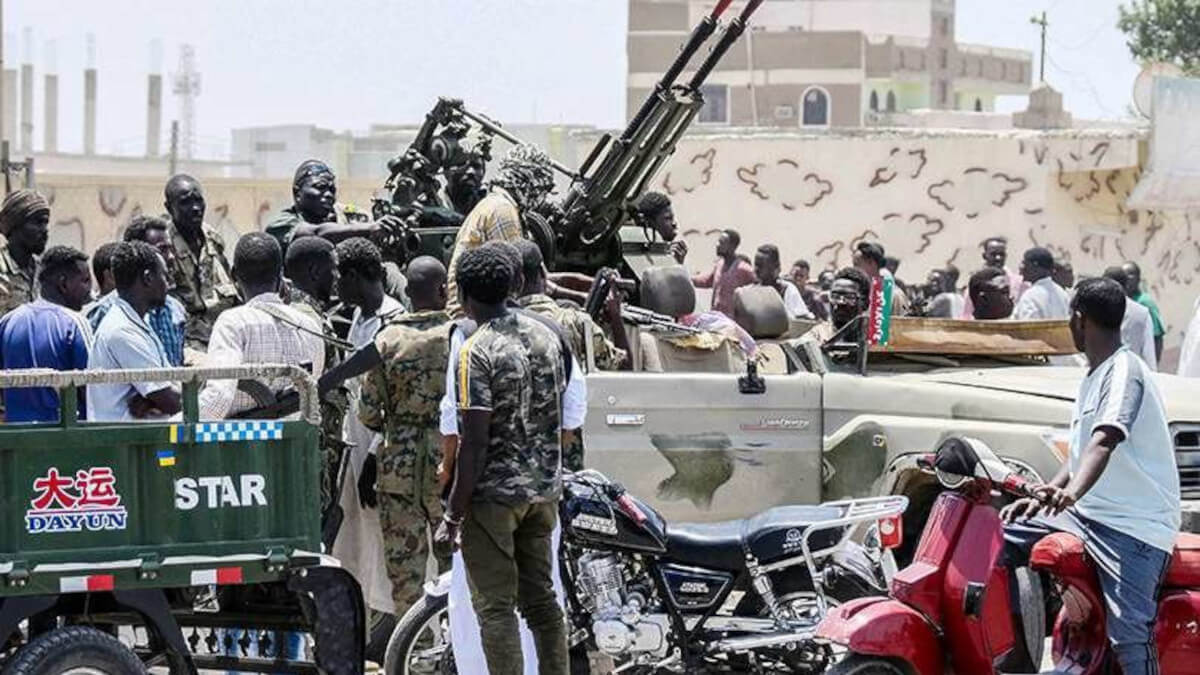
In May 2024, the Niger military government allowed Russian troops to enter a Niger airbase hosting US forces before the US withdrew nearly 1,000 troops there on counter-terrorism and counter-terrorism missions. The "uncomfortable" shift in strategy in Niamey has been described as a direct response to Washington's efforts to discourage close ties between Niger and Moscow.
Russia's march also continued in Chad, another junta-controlled country, which hosted some 130 Russian military trainers until the end of April 2024, after requesting the departure of 75 more US trainers, paving the way for the establishment of a 'protected zone'.
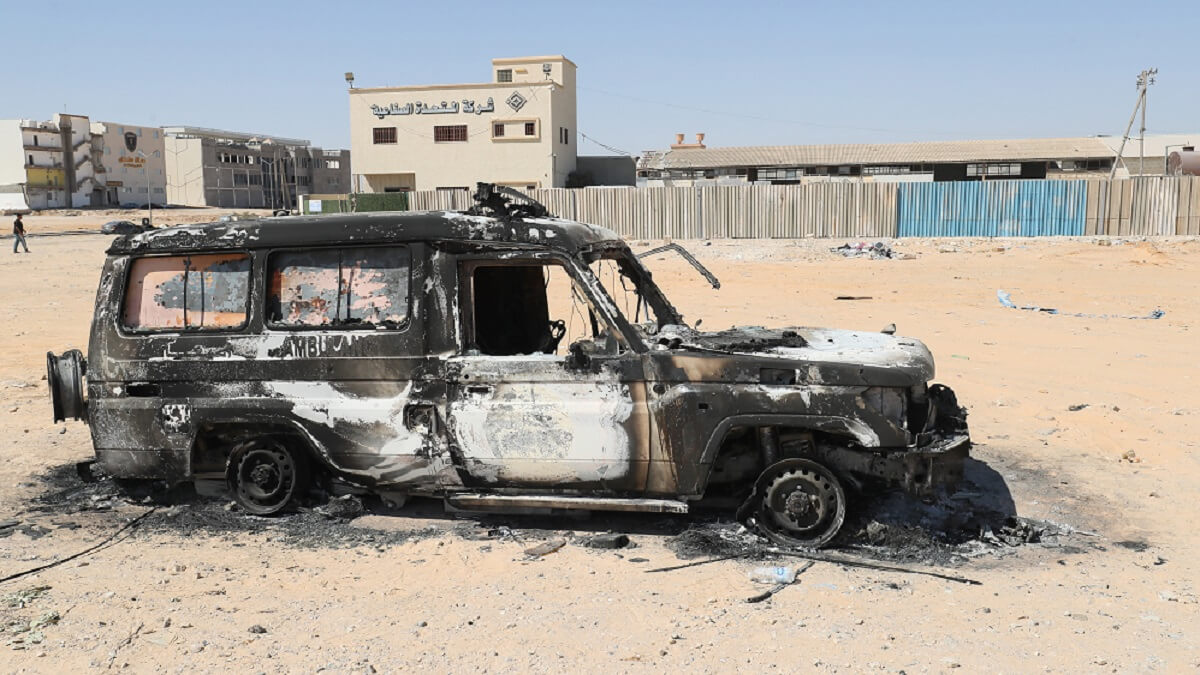
The 33-page expert report, which includes US special envoy to Libya and former ambassador to Libya Richard Norland, offers a set of 114 specific recommendations for the transatlantic bloc, aimed at developing a "formal NATO strategy in the South".
A unified Libya, no longer tolerant of a Russian military presence, could do much to counter the tendency of the Military Council government in the Sahel region and the instability it brings.

